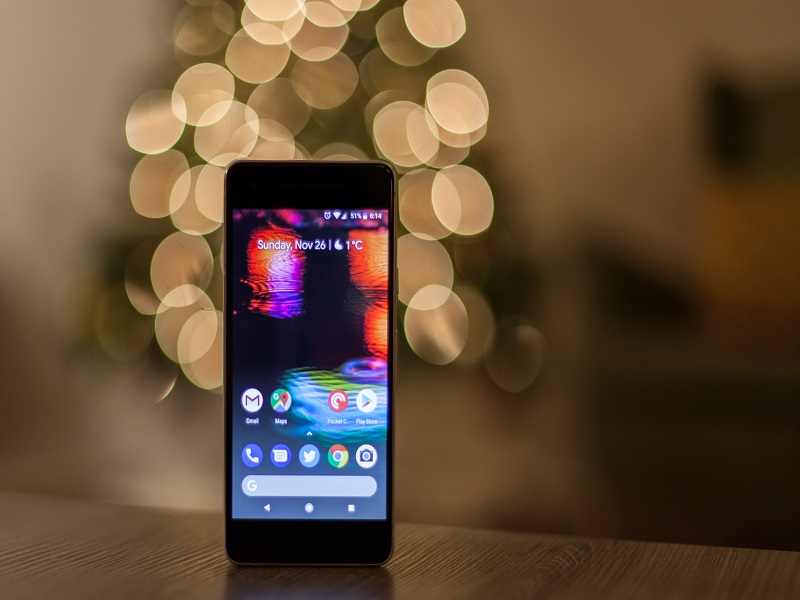
Apps have become popular with businesses trying to create apps to reach out to their customers. From restaurants to movie theaters, and taxi aggregators to online tutorials, everyone is creating mobile apps.
If you run a business, it is a good idea to create a mobile app to increase your customer base. Before you start the process, you need to decide whether you want to create a hybrid app or a native app.
We tell you all about these two types of apps and their differences. This will help you to choose the right type of app for your business
Native Apps
A native app is so named because it is native to the device being used. When a user uses a particular device, it works on an operating system (eg: Android, iOS). A native app is created to work on a specific platform. It is created keeping in mind the requirement of the native platform on which it is intended to be used.
Since they are created for a specific platform, they are reliable. They are simple and would work quickly ensuring a good user experience. The apps can access the features of the device they are installed (eg: cameras, GPS, Bluetooth, etc.)
Hybrid Apps
Hybrid apps are essentially web apps. They are application software intended to work on a web browser. So, a hybrid app works like a web app but it is installed on a device like a native app. The biggest benefit of hybrid apps is that they can work on different platforms making them easier to create.
The hybrid app would come with an integrated web browser that would help in accessing online content. The development time to create a hybrid app would be lesser. This makes it a cost-effective app to create.
The Differences
- Hybrid apps work on a single code-base making them cost-effective to create. A native app needs multiple code bases for each platform.
- Hybrid apps are less expensive to develop. Native apps are more expensive since different apps have to be created for each platform.
- Hybrid apps are web apps that come wrapped in a native container. To be able to work to their best, they require online connectivity. Native apps would download much of its content while installation so they can work offline.
- Hybrid apps would need plugins to access the device while native apps can do it by default.
To decide which type of app to create, the purpose of the app, budget, timelines, and features need to be considered.
For more information, please visit, www.massiltechnologies.com
